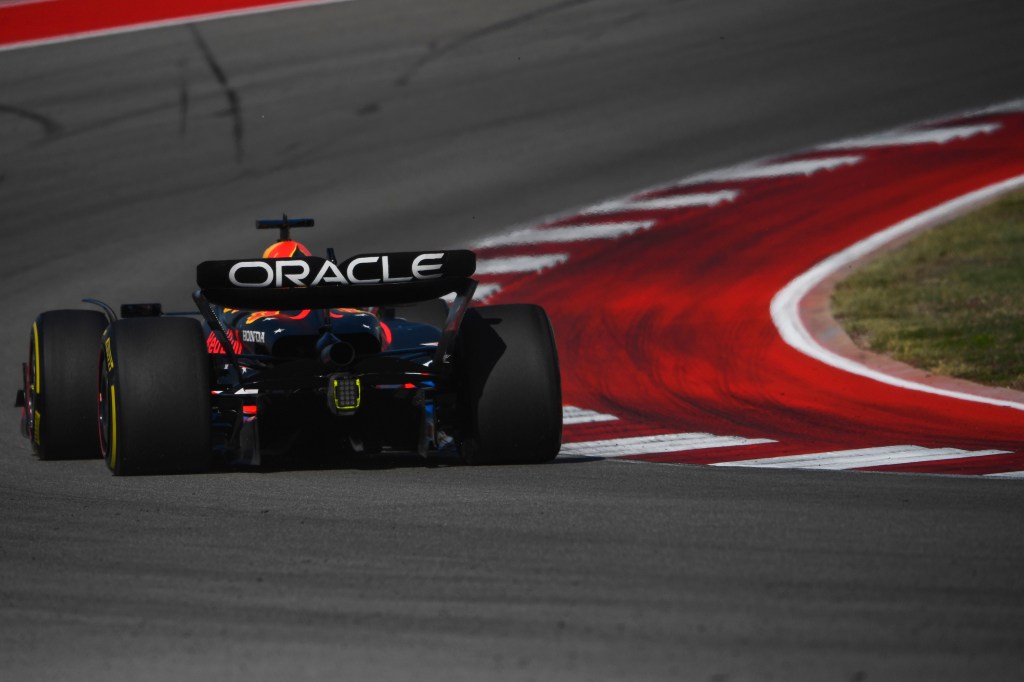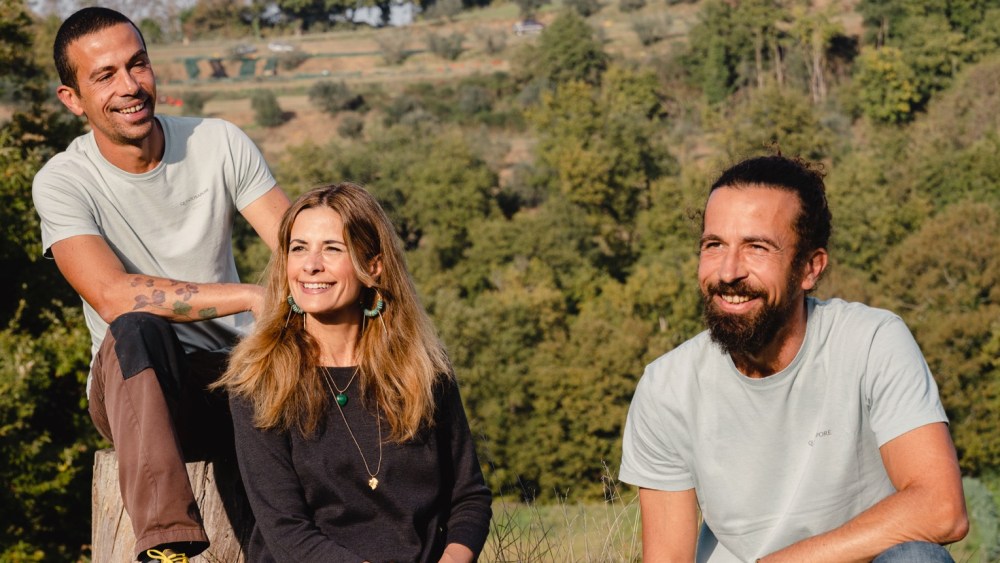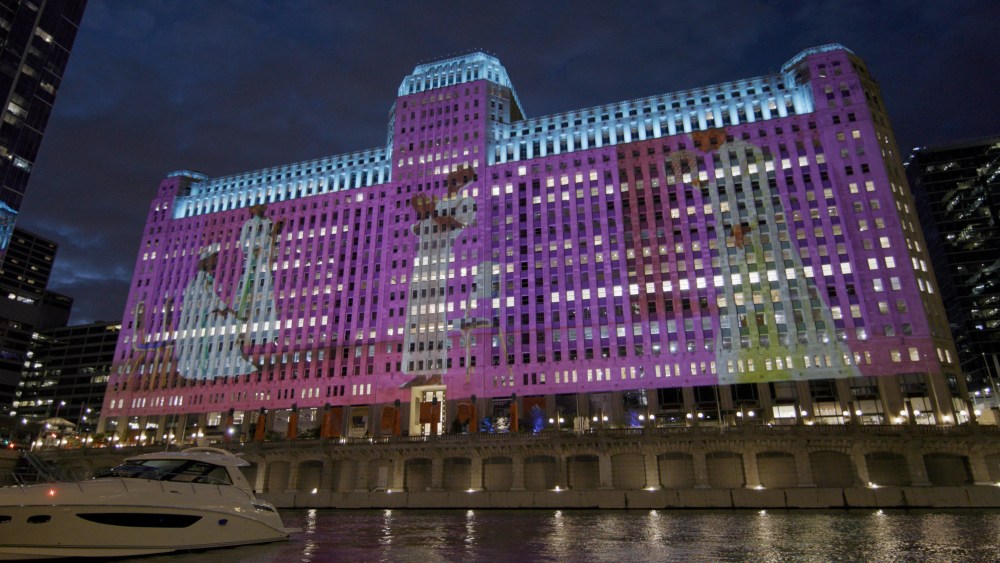True to the speed at which he leads his professional life, catching three-time Formula 1 world champion Max Verstappen for an interview takes patience.
In a Zoom interview while in Mexico City for Sunday’s Mexican Grand Prix, the 26-year-old spoke matter-of-factly about his track record and approach to life. It was understandable if he looked a little worse for wear — aside from gearing up for another weekend on the track, he was traveling with bodyguards reportedly due to social media threats. (Red Bull executives declined to comment about the reason on Friday.) Verstappen has also been on a tear lately, having earned $60 million in prize money, salaries and bonuses from May 2022 to 2023, and $4 million more from sponsors like Red Bull, Heineken and Viaplay. He will continue to compete on the Oracle Red Bull Racing team through 2028.
Wearing his team Red Bull jacket and baseball hat, the half-Dutch, Belgian-born racer competes under the Dutch flag. He now calls Monaco home, but the F1 circuit keeps him on the road. His career track may be genetically engrained. Verstappen’s father Jos is a former F1 driver and his mother Sophie Kumpen excelled in kart driving. At the age of 17, Max Verstappen became the youngest race winner in Formula 1 history.
Understandably, personal style was not something that Verstappen was interested in talking about, despite his Brazilian model partner Kelly Piquet being a familiar face on the designer scene. Equally at ease at Paris Fashion Week or on the F1 circuit, she knows of what she speaks. Her father Nelson was a three-time F1 World Champion and the father of her own daughter is F1 driver Daniil Kyvat. Verstappen does have a burgeoning signature apparel line, although his plan to aptly brand it “Max 1” was nixed by Nike earlier this year.
WWD: Why are you so competitive?
Max Verstappen: I don’t know. It’s how I grew up. It probably runs a bit in the family as well. From the time I was a little kid, it was something that I felt that I had inside me.
WWD: Given your father’s reputation and your mother’s accomplishments, was this your destiny? How young were you when you decided that this would seriously be your career?
M.V.: Racing, in general, I started when I was four [karting]. I was really enjoying it. [As an elementary school student, he won the Belgium Championship Mini (VAS) in 2005.] Of course, you cannot predict or plan to go all the way to Formula 1. Of course, that was the goal. But I always wanted to achieve something within racing.
WWD: Now that you have reached your 50th Grand Prix win, what are some of your long-term goals and ambitions?
M.V.: Of course, it doesn’t stop here. I want to win more races. You’re also very dependent on the whole paddock that you get every single year to try to win. But I am very confident in the team. It doesn’t stop here.
WWD: What is the peak racing speed that you reach?
M.V.: [Laughing.] Well, as fast as possible — faster than the average human being. It depends on the track, but the fastest that we hit is about 360 kph [or nearly 227 mph].
WWD: What about when you are just driving around Monaco or wherever you are?
M.V.: There it’s more about just following the rules of the road. I don’t really drive a lot at home. I just prefer to get from A to B. Monaco is quite small so [off-track driving] is really about just getting there. I race enough in my life. Once you are on a normal road it’s not about being the quickest or whatever.

WWD: What is a normal training day?
M.V.: In the morning, we would probably go for a 6 km run and after that, maybe a little spin on the bicycle as well. In the afternoon, there is a bit of weight training and neck training so that you cover basically everything that you need.
WWD: What might someone not necessarily understand about the degree of physical fitness that is needed?
M.V.: If I were to play soccer, I would be completely destroyed within those 90 minutes. It would be the same if they were to jump into a Formula 1 car, because your muscles are just not trained for it. With every sport, you have to train your specific muscles for it. The only way to do so, for me, is to drive the car.
WWD: Is the mental toughness more challenging than the physical part?
M.V.: Not for me, at least. I cannot comment for others, but not for me.
WWD: How do you explain your strategic thinking?
M.V.: It is quite straightforward. I don’t even need to think about it too much. It’s just intuition, instinct, experience. All these kinds of things come into play.
WWD: Who are two of your greatest rivals?
M.V.: Difficult to pick two. There are so many great drivers in the sport. There are also great drivers to come, right? I find it very hard to pick two to be honest.
WWD: Are there any you would like to name?
M.V.: No.
WWD: Has your father given you any advice or do you speak with him often about guidance?
M.V.: Yeah, it’s always been, “Just be yourself, be honest and stay with two feet on the ground.” That is always a very important lesson.
WWD: Regarding the booing last weekend after your F1 United States Grand Prix win in Austin [after Lewis Hamilton‘s and Charles’ Leclerc’s disqualifications], do you think that was envy?
M.V.: Of course, it’s not ideal. I am very focused on being there and just doing my job, trying to win the race and of course standing on the top step [of the winners’ podium]. To me, that’s all that matters. If someone can’t appreciate, that’s fine with me. That’s not what I am there for — trying to be liked by the people who don’t like me.
WWD: How involved are you with your apparel brand in terms of choosing products and developing things?
M.V.: It goes hand-in-hand in a way. What’s most important is to be yourself. That is very important in order to move forward outside of racing. Having people see the real me is the only way that they can relate to me and be a fan. That, of course, also creates your brand.
WWD: Does that mean you wear Christmas sweaters [the only nonathletic apparel offered on his e-commerce site]?
M.V.: [Chuckles.] Not necessarily.
WWD: Do you think too much is made about your affinity for the Dutch, having been born in Belgium?
M.V.: Honestly, I have never had any complaints or questions about that. I feel proud to be Dutch, but I also have a Belgian side in me. That is absolutely fine. It’s always good to be honest about that.
WWD: What do you like about living in Monaco?
M.V.: It’s safe. The environment is great, as well as for my training. Also, being [based] quite central in Europe is great for my traveling all over the world.
WWD: Do you have a few favorite countries?
M.V.: I like Japan, the U.S., the south of France, Spain. There are a lot of great countries that I have been to and ones that I still want to visit. Luckily, with F1, we’re driving in a lot of different countries. It’s good to see all these different countries on the calendar.

WWD: How do you and Kelly like to spend your time, when you are not working?
M.V.: At home, to be honest, [his expression relaxed just at the thought of it] because I am traveling so much. We do what any other normal human beings would do like normal people.
WWD: Kelly has worked with Louis Vuitton. Do you talk about business prospects together?
M.V.: Um, not so much. Of course, I keep up to date about what she’s doing or what she’s planning. It’s important to show interest in each other’s lives and work. But also, I don’t ask too many questions and just see the end result.
WWD: What would people be surprised to learn about her?
M.V.: Oh, I don’t know. I am not interested in other people learning anything about my girlfriend. What’s more important is what I have close to me as a family. That’s all that matters. I’m not interested in having other people learn how she is or whatever.
WWD: Do you have any hidden talents or skills?
M.V.: Hmm, no, I think all my talent went to racing. I’m not very good at any other sports.
WWD: Are you going to try to trademark “Max 1” again for a clothing brand [after Nike blocked an attempt earlier this year]?
Red Bull Publicist: We’re wrapping up now. Thank you.


